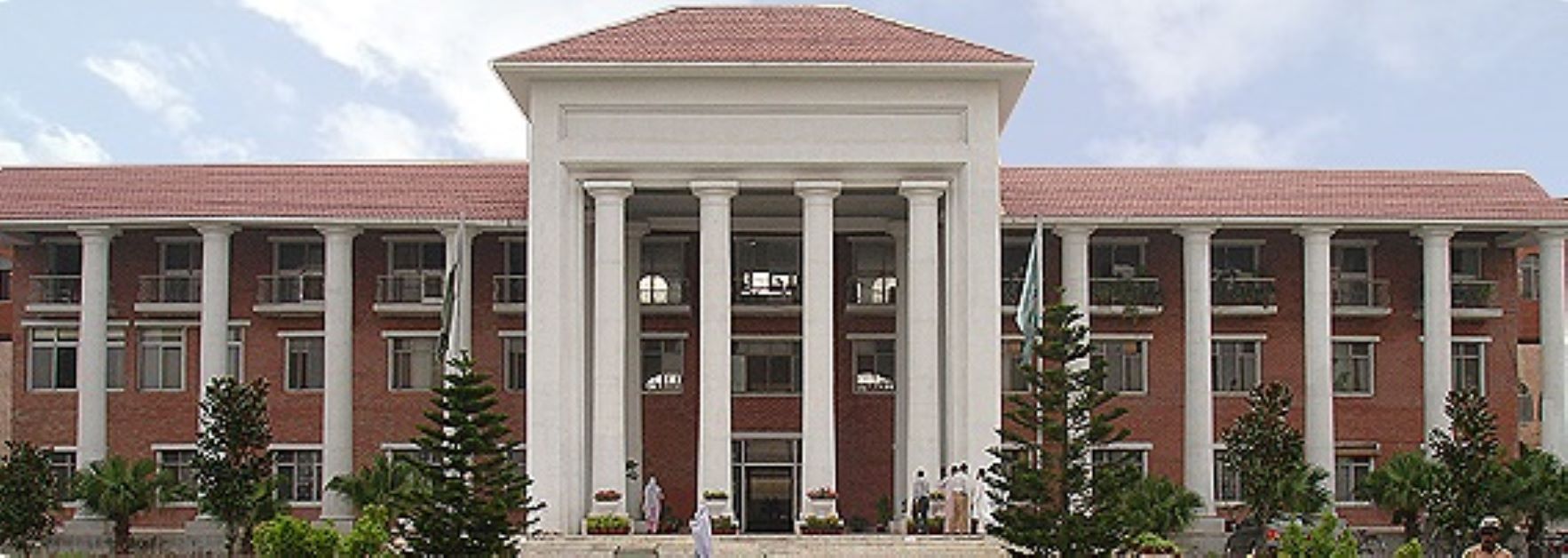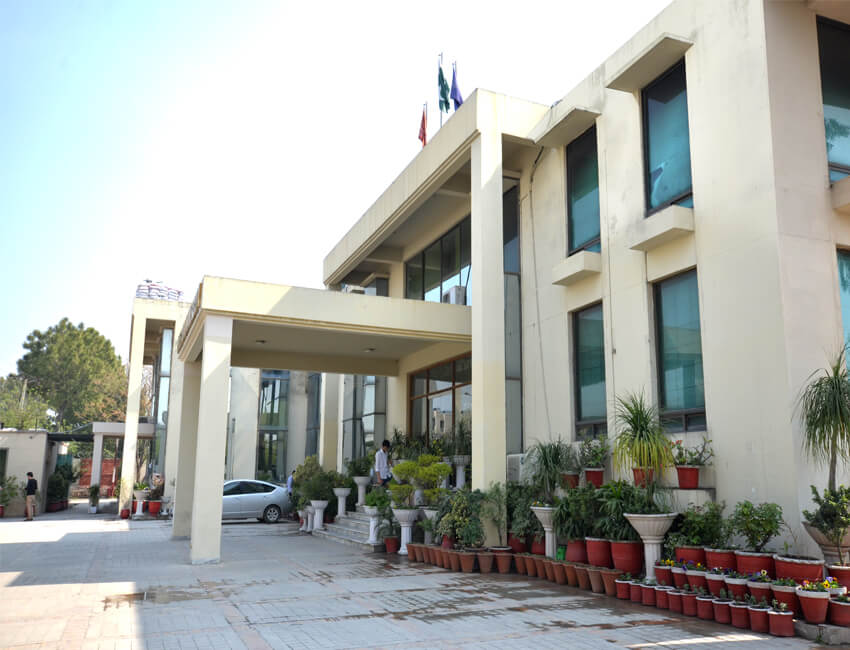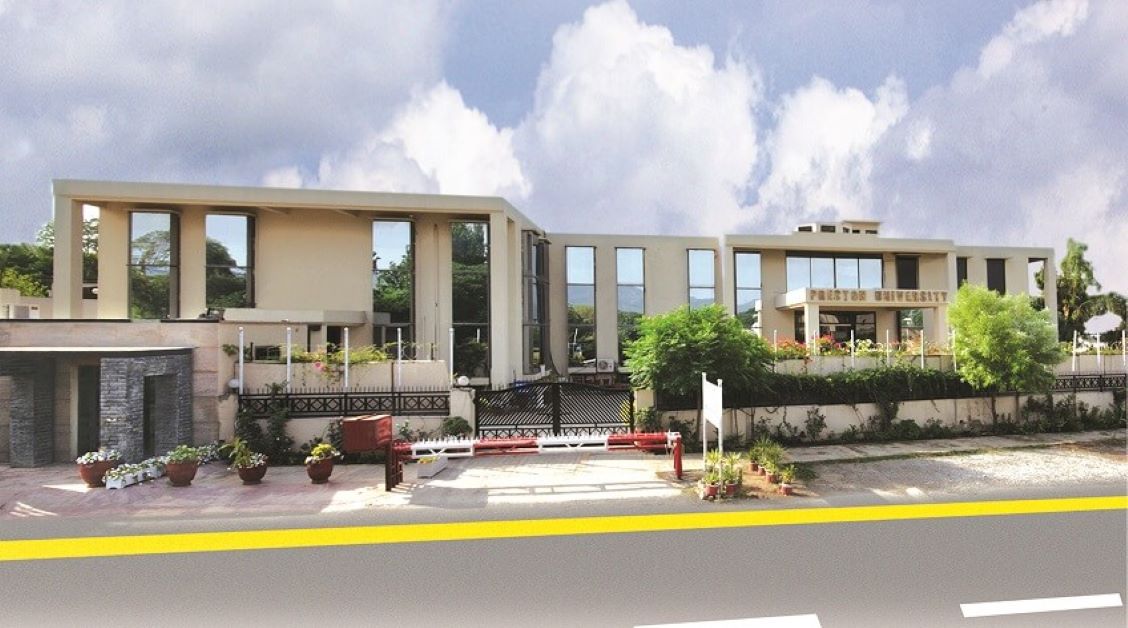| University Type | Public University |
| Recognized By | Higher Education Commission (HEC) |
| Affiliated Institute | Barani Institute of Information Technology (BIIT) |
Pakistan is mainly an agricultural country. However, since independence in 1947, the focus has remained on irrigated farming. Meanwhile, dryland or arid agriculture received little attention. As the population grew rapidly, irrigated areas could no longer meet food demands. Therefore, it became essential to utilize the large portion of cultivable land in rainfed regions. In response, the Government of Pakistan formed the Barani Commission in the 1970s. This commission reviewed the situation and suggested ways to develop rainfed agriculture. It also aimed to uplift poor communities through education, research, and technology development.
Following the Barani Commission’s recommendations, the Government of Punjab established the Barani Agricultural College in Rawalpindi. Later, in 1994, it upgraded this college to university status. The university’s mission is to train skilled agricultural scientists. Additionally, it aims to build a strong scientific framework for teaching and research focused on dryland areas. This effort helps reduce income disparities between rich and poor and between irrigated and arid regions.
Since its founding, Pir Mehr Ali Shah Arid Agriculture University Rawalpindi (AAUR) has grown significantly. It now offers undergraduate and postgraduate degrees across many fields. The university houses faculties such as Agriculture, Sciences, Social Sciences, Veterinary and Animal Sciences, and Agricultural Engineering and Technology. Moreover, it includes the University Institute of Management Sciences (UIMS), Institute of Information Technology (UIIT), Biochemistry and Biotechnology, Geo-Information and Earth Observation, Food and Nutritional Sciences, and Soil and Environmental Sciences. The campus features an auditorium, multi-story administration block, library, museum, four academic blocks, and an international standard undergraduate block.
Mission and Vision
The university’s core mission is to produce high-quality agricultural scientists. It strives to establish an organized scientific infrastructure for teaching and research. This supports the development of dryland regions and narrows the income gap between rich and poor communities.




